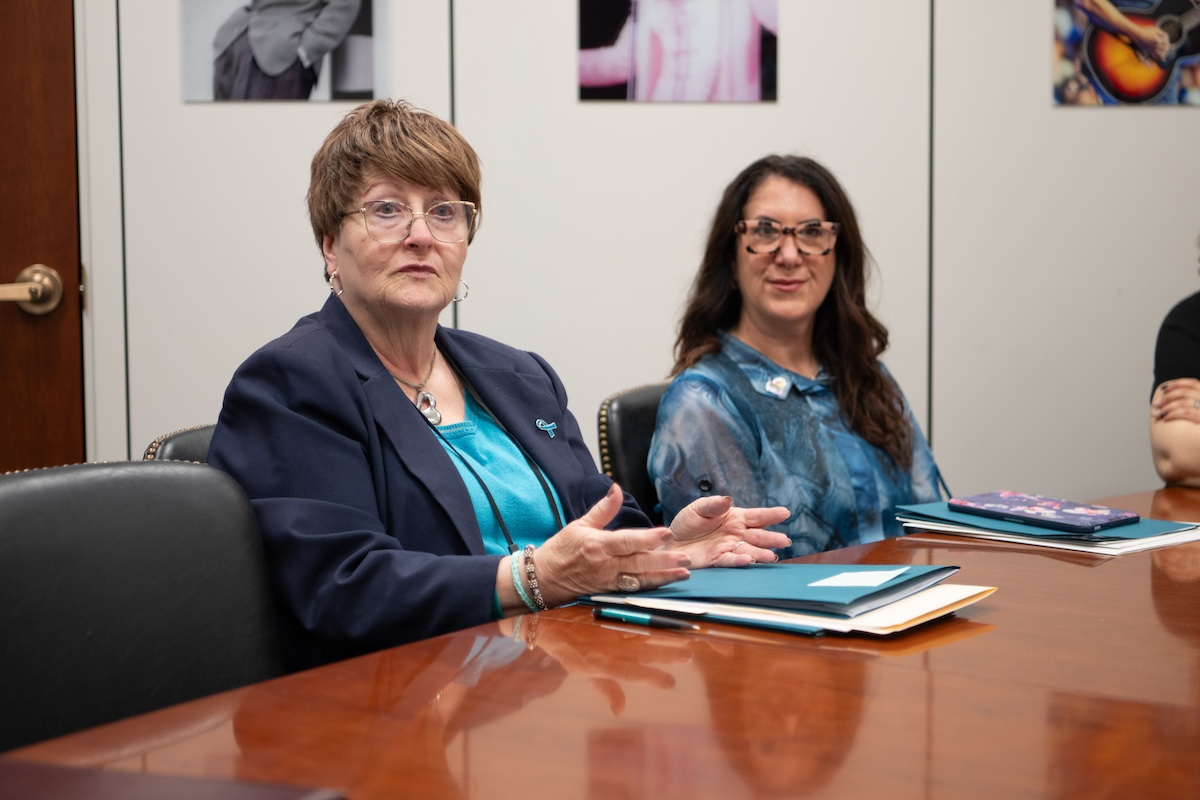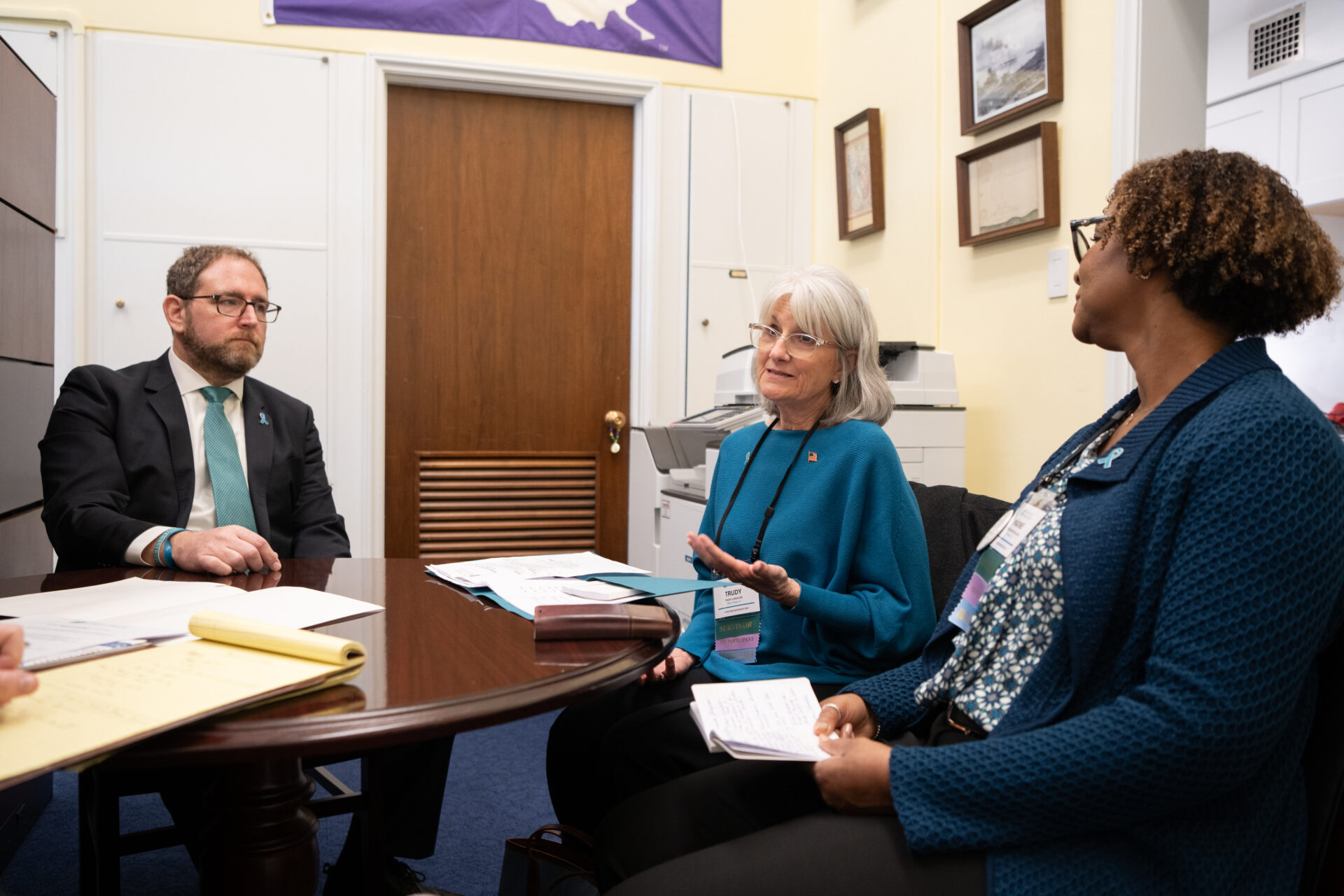Advocate Report: Summer 2012
Susan Leighton
Summer 2012 was filled with an abundance of advocacy opportunities including the American Association of Cancer Researchers (AACR) Survivor-Scientist Program, the Drug Information Association (DIA) Fellow Program, OCNA’s National Conference, and the Biennial Cancer Survivorship Research Conference. As I began making the rounds of this year’s events, I truly expected the experience to be much the same as it had been in prior years. There would be a meeting with scientific mentors and other advocates, time to plan which presentations to attend, time to discuss what I had heard and seen, and a chance to interpret the information as it would affect the ovarian cancer patient population. I expected to return from the conferences with information on research studies that would offer hope to all of us.
This year, however, things were different in one major way. At each of the conferences I found the advocates were accepted as team members and our input was valued by the scientists. Not only did I seek them out to ask questions, but just as frequently they sought me out to ask my opinion about various research studies and proposals; they wanted to know what women with ovarian cancer are thinking, “what answers do we want?”, “what is important to us?”. Patient-centered research is definitely taking the stage.
This was most apparent at the Biennial Cancer Survivorship Research Conference held in Arlington, Virginia, which was sponsored by the National Health Institute, the National Cancer Institute, the Center for Disease Control, the American Cancer Society, and LiveStrong. LiveStrong paid for my registration fees, travel and lodging.
The day prior to the conference, the twenty advocates came together for a 4-hour workshop and luncheon that was attended by several scientific mentors who discussed things we should be looking for throughout the conference. A great deal of emphasis was placed on the patient-centered concept and we were encouraged express our viewpoints and provide the perspective of our community throughout the conference. It was at this workshop that I met two researchers who were planning a research proposal to study long-term survivors of ovarian cancer. Why do some women with one cell type of ovarian cancer beat the odds and survive many years while others with the same cell type never reach remission and succumb to the disease in a relatively short time? As a 15-year survivor of stage IIIC, I fit the profile of the women they want to study, and they invited me to be a patient advocate on the proposed study. It is so exciting to know that I may play an active part in research that may affect other women with ovarian cancer.
As we attended the various presentations and reviewed the various research posters, it became apparent that the cancer survivor population is expanding exponentially (13.5 million in January 2012; projected to be 18 million in January 2022) and medicine needs to make changes to ensure these survivors will receive appropriate care. Much attention was paid to survivorship care plans. Identifying long-term effects of cancer treatments and risks of future diseases associated with having had cancer, determining which physicians should be responsible for continued care following cancer treatment and beyond, and even plans to focus on caregivers and their increased health risks related to stress of the cancer diagnosis.
I came away from this conference with a sense of hope – hope that more and more people are surviving cancer and that these survivors are being seen not as patients with cancer but as people with new and different health concerns because they have survived cancer and its treatment.


